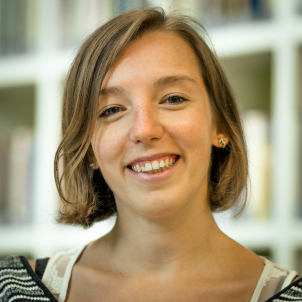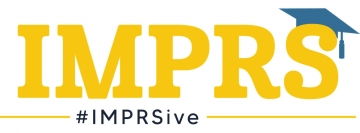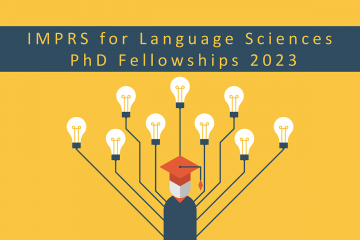Sara on extensive opportunities
Name: Sara Mazzini
Department: The Communicative Brain & Neurobiology of Language (MPI)
Research: The role of neural synchrony in successful face-to-face communication
Started at the IMPRS: 2021
Nationality: Italian
How did you come to pursuing your research topic in Nijmegen?
I obtained a Bachelor in Psychology from the University of Bologna and it was during that time that I had my very first encounter with a research environment. As part of my Bachelor’s thesis project, I did an internship at a sleep laboratory in Berlin and soon after starting, I realized that I would have enjoyed doing research for longer than a few months. For this reason, I decided to enroll in the Research Master in Cognitive Neuroscience at Maastricht University.
There, I wanted to explore a new research line and since I have always been intrigued by how we produce, comprehend and learn languages, I chose the neuroscience of language and I decided to write my thesis on the oscillatory correlates of language production. Despite the ups and downs and the global pandemic, I still enjoyed research and my curiosity for language and neural oscillations kept growing; so, I started to apply for PhD positions in this field. Since the MPI represents a great place to study language and its neurobiological correlates, I was really looking forward to do my PhD in such an inspiring environment.
What are some of the highlights of your doctoral life so far?
One of the things that I enjoy the most, which also surprised me at the start of my PhD, is the multitude and variety of lectures and talks that are open to us. Thanks to the collaboration between multiple institutes, such as the Donders Institute, every week we have the opportunity to attend lectures and talks by great scientists from all around the world on very diverse topics. At times, it's quite the challenge to narrow down the choices!
At the same time, there being so many research lines on language sciences in Nijmegen means there's always the opportunity to discover topics which you're not yet aware of. This is certainly the great advantage of being part of a scientific community made up of people from many different backgrounds and with varied expertise.
Every week we have the opportunity to attend lectures and talks by great scientists from all around the world.
What advice do you have for peers or those considering doctoral studies?
Applying for a PhD position can be difficult – even if you find a position with a supervisor you’d like to work with, you still have to be selected! This situation can be demotivating, so I think it is important to remember that rejection is simply part of the process and new (and even better) opportunities may still be out there. Personally, I think one of the most important things to consider when choosing a PhD position is having a good match with your supervisor, since they are the ones supporting you through the ups and downs of your PhD. You could ask your future supervisor about his or her supervision style, and certainly get in touch with their PhD students to get to know more about them.
I would encourage prospective PhD students to take advantage of the opportunity your institute offers. The MPI offers the possibility to personalise the curriculum to what interests us the most, so I would recommend taking courses and getting involved in extra-curricular activities that you think can enrich your PhD experience. Besides acquiring new knowledge and skills, you can understand which tasks you like the most for a future job search and you get to meet more fellow PhD students -- after all, it's always nice to be surrounded by people who share similar interests and enthusiasm!



Share this page